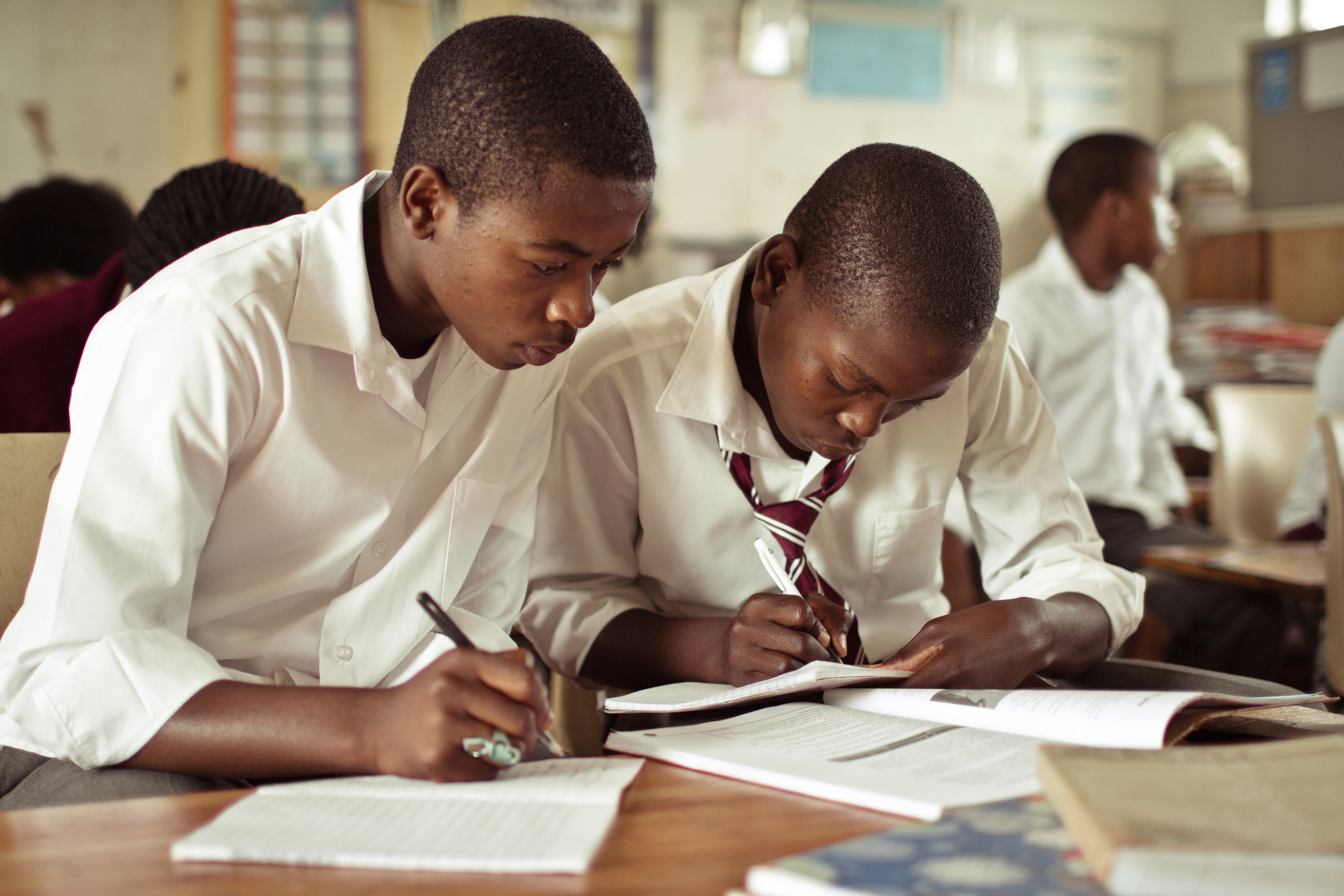Increasing schooling, delaying marriage and childbearing, and increasing labour market participation of young women are important policy objectives in Senegal as in many developing countries. These outcomes are tightly linked. Early childbearing may inhibit women’s ability to enter the labour force. Greater schooling and enhanced skill development may substantially mitigate these negative outcomes by increasing the opportunity costs to marriage and parenthood. There is a growing consensus that both the schooling a young person has, and her cognitive and non-cognitive skills determine these early adult outcomes, and understanding these respective roles is important for policy directed towards education and skills development. However, disentangling the relative importance of schooling and skills is empirically challenging because of the potential reverse causation between schooling and abilities in the production function of adult human capital (Heckman, Stixrud and Urzua 2006).
In this Project we use unique Panel Data from Madagascar and Senegal to investigate the importance of schooling, cognitive and non-cognitive skills in determining outcomes for the youth, while including the occurrence of marriage and childbearing into the analysis. Our aim is to increase the knowledge of the process of skills accumulation, and their impacts and determinants in low-income settings in multiple ways. It adds substantially to the limited scientific evidence from Africa on many key relationships, including:
- the relation of schooling, school quality, and family background to cognitive and non-cognitive skills accumulation.
- the relation of skills to labour market participation, labour supply, wages and earnings, and other early adult outcomes.
- the gender gap in labour market outcomes and the role of policy in closing the gender gap that remains large in much of Africa.
- the impact of, and interaction of education and skills on related outcomes, such as young women’s age at marriage and first childbearing, and how they relate to employment, earnings and time use in general.
- the roles of family background and economic and health events in early childhood, including as measured through test scores at the beginning of schooling, in determining later life success.
Thus, the study provides new insights both into policy impacts and into the sequencing and interactions of important life events and behaviours, both across the individual’s life course, but also across generations.
